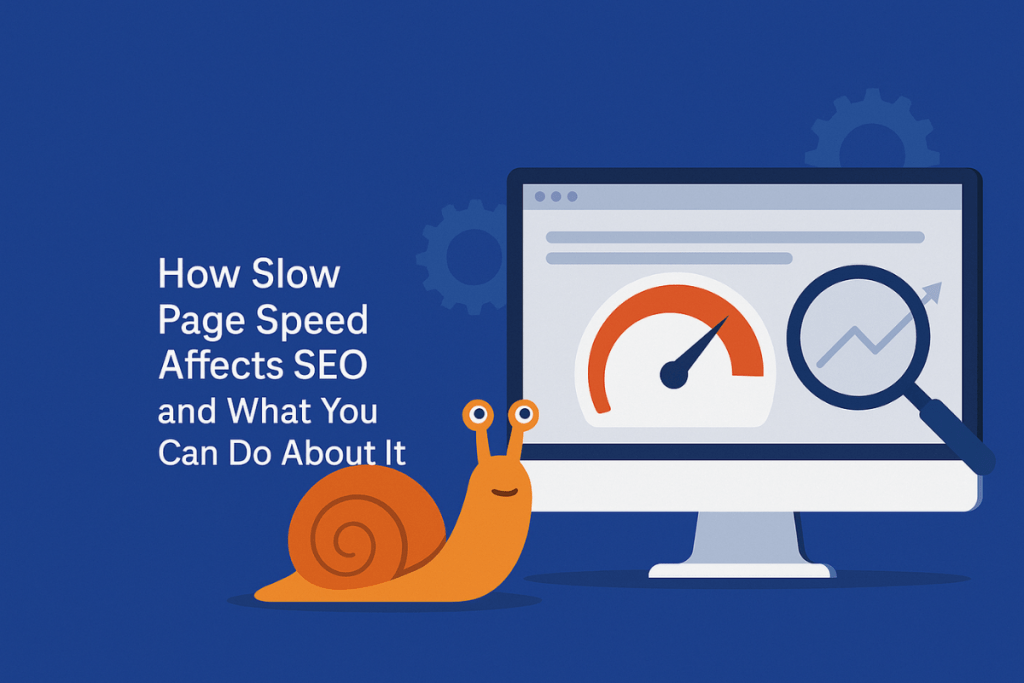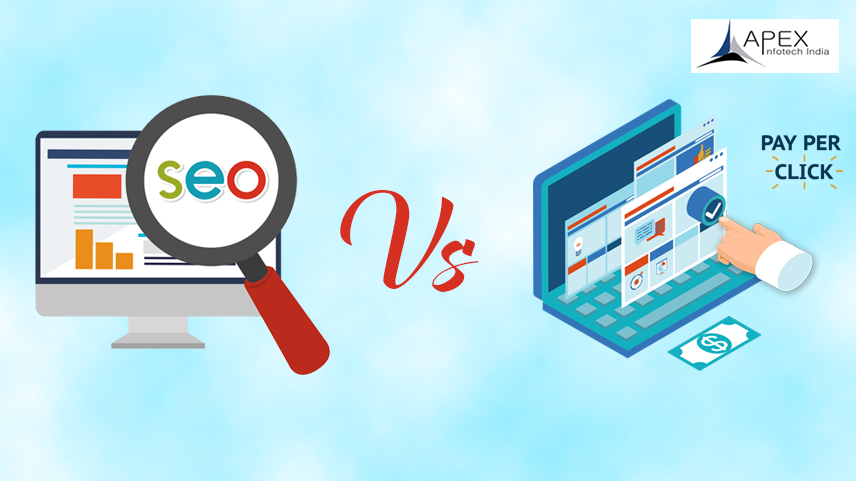Is page speed actually important, or can you afford to have a website that loads slowly? The truth is, while attention spans globally keep getting shorter and the world gravitates towards instant gratification, a slow web page simply won’t be able to keep up. Here’s how slow page speed affects SEO and what you can do about it.
Why Page Speed Matters To Search Engines
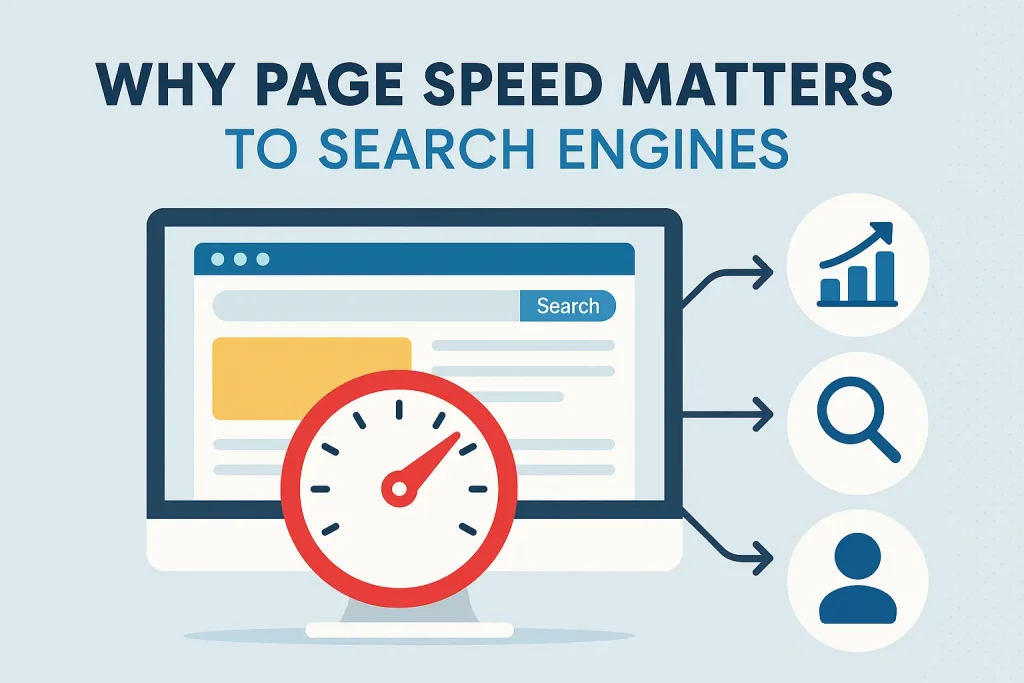
The main goal of a search engine is to provide users with information about their search quickly. While using a search engine, users aren’t really thinking about page speed, but they’re always expecting it. When search results fall short of their expectations, it creates frustration, which may end up reflecting badly on the search engine.
Why? Well, search engines want to avoid user dissatisfaction. They’re looking to provide good-quality, user-friendly content, and frankly, slow-loading sites fall short. In a bid to provide relevant information as quickly as possible, search engines like Google have begun to pay more attention to page speed for indexing and SEO purposes.
How Does Page Speed Affect User Experience?
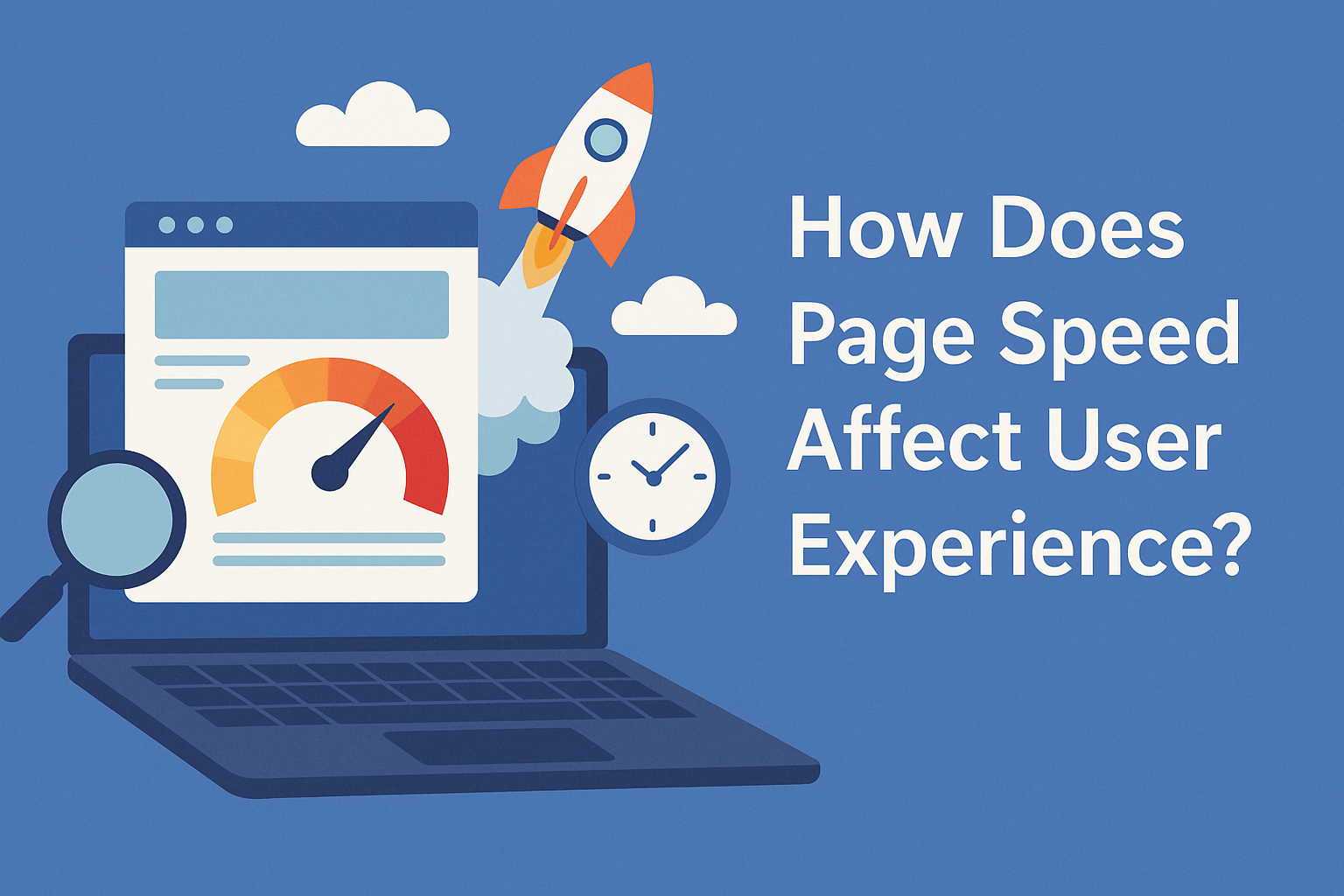
No one is willing to wait more than a few seconds for a website to load. A slowly loading site is frustrating, and users are hesitant to engage with it. They are also less likely to visit other pages on your website or wait for relevant content to load.
Slow site speed is associated with a higher bounce rate. When your site fails to load fast, users click off and check out a competitor site instead. This increases bounce rate, which is the percentage of users who leave your website after viewing only one page. Slow page speed directly increases your bounce rate, which makes you lose potential customers.
What Factors Affect Page Speed?
Page speed depends on several factors like page weight, assets, and even the connection of your users. While you can’t control that last factor, you can certainly make changes to other aspects of your page to improve your page’s loading speed.
Page Weight
How many resources does your page need to load every time a user visits? Lighter page weight means that it will load faster. Optimize and reduce video and image content and heavy CSS or JavaScript files to reduce the load time of your website.
Website Theme
Your website’s layout, background, colors, and fonts are usually determined by its theme. While some themes are light and minimal, others may be heavier and slow your page down.
Images and videos
Yes, they make your website look better. But they can also make it load slower.
Redirects
Redirects are sometimes necessary, but that doesn’t mean you can’t optimize them. Avoid too many redirects to avoid creating additional website load.
Not Having a CDN
A CDN, or content delivery network, can help you improve your page loading performance. It does this by saving files across various servers in a network so that it can send files to a user from a server that’s near them.
Large Files
Large file sizes hinder your website from loading at its quickest and result in a low FID score. Heavy HTML files and lots of JavaScript take more processing power and can make your web pages load slower, especially on mobile.
How Can I Improve Page Speed for SEO?
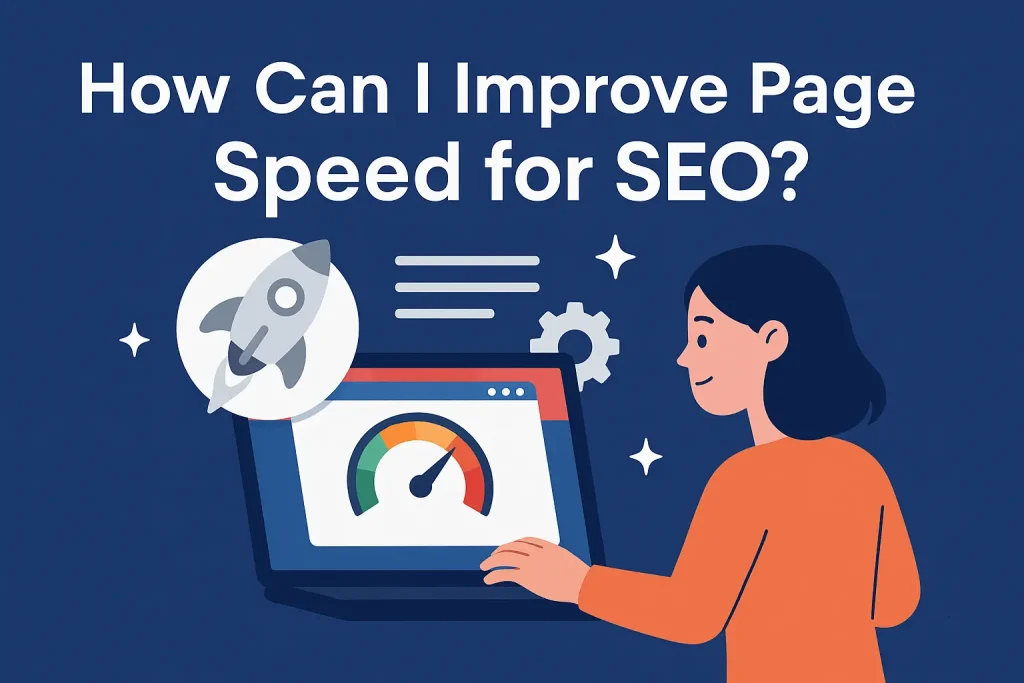
So now that we’ve taken a good look at the possible factors that are slowing you down, how can we get you up to speed?
- Choose better infrastructure—get a faster web host
- Get a faster theme
- Resize and compress images—use webp instead of png or jpeg
- Use SVGs (Scalable Vector Graphics) wherever possible
- Use lazy loader plugins
- Get a caching plugin
- Use a CDN or get a faster one
- Minimize and defer CSS and JavaScript to reduce total blocking time
Instead of struggling to improve page speed on your own, try working with an SEO expert like Apex Infotech. We can significantly boost your page speed and give you the results you deserve.
Frequently Asked Questions
What does page speed affect?
Page speed impacts engagement, bounce rates, conversion rates and revenue. It can also lower your SERP rankings.
Does faster page speed improve revenue?
Improving page speed can increase a site’s user engagement and conversion rate. More conversions = higher revenue.
Could badly written code be slowing my website down?
Yes, badly written code can slow down your website, since unoptimized code can cause performance issues.
Does my web page’s hosting location matter?
Yes, it matters. If your HTML and CSS files are hosted in California, and a user from India visits your website, they will have to wait while the files are sent from California to their device. If the majority of your users are from India and you’re choosing a hosting location in the US, you’re subjecting your users to slower loading times.
What is lazy loading?
Lazy loading is a performance optimization technique that involves delaying the loading or rendering of content or elements that are deemed non-critical until the user may actually need them. It improves page speed and overall performance.

